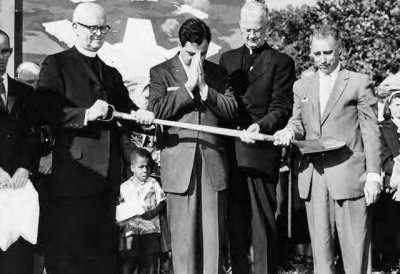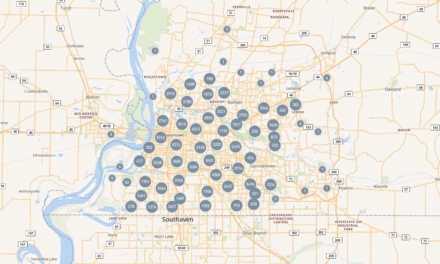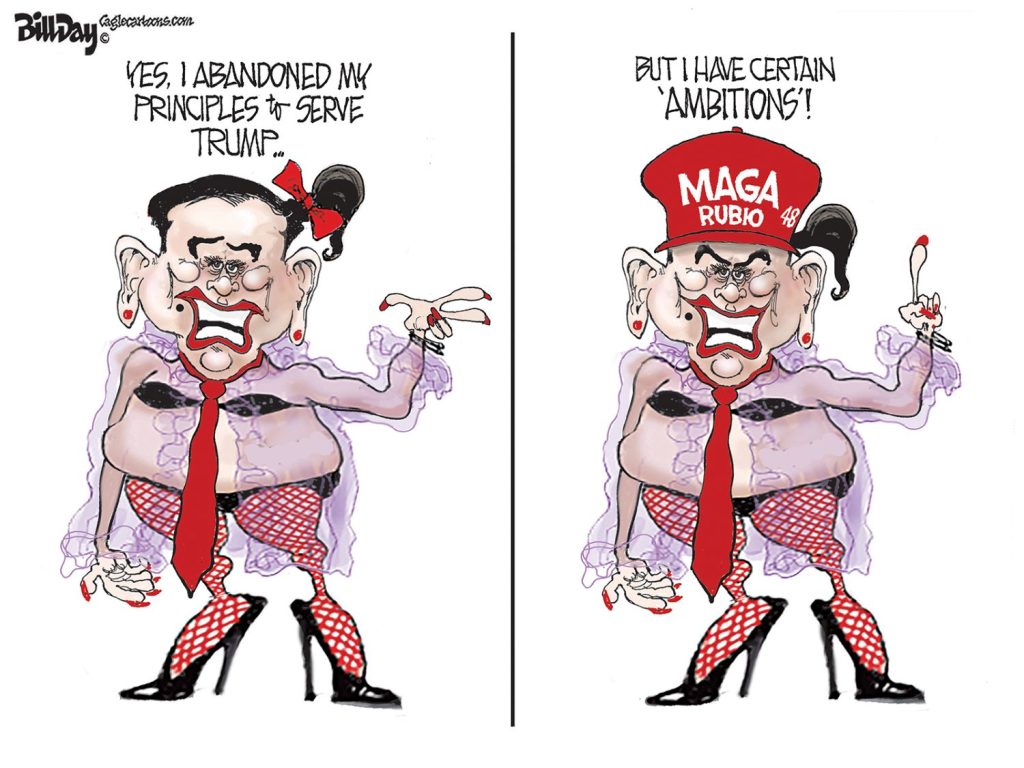It’s as easy to imagine Memphis without FedEx as St. Jude Children’s Research Hospital.
Both are here because of fortuitous – if not providential – twists of fate. Both are equal parts myth and fact, and from a germ of an improbable idea, each founder built something internationally-known and respected. Fred Smith invented modern global commerce and Danny Thomas set in motion dramatic breakthroughs in deadly childhood diseases.
St. Jude, as patron saint of lost causes, is central to the founding of the hospital bearing his name, and while some urban experts act as if Memphians should be praying to him, the story of St. Jude Children’s Research Hospital is a different city narrative worth retelling.
By all rights, the hospital should be in Chicago, where entertainer Danny Thomas, in a desperate plea for a life beyond his $7 a night gigs as a vaudeville comedian, prayed to St. Jude for help and promised to build a hospital in the saint’s honor. It was fortunate for Memphis that Thomas, a devout Catholic, talked with Samuel Strich, archbishop of Chicago and former pastor at Memphis’ St. Patrick’s Catholic Church. He suggested that Thomas build his hospital here.
It was not the only advice Strich gave him, Thomas said. He said early fund-raising was not going well and Strich told him to lay a concrete slab on the site, take people there, and ask them for donations to build a hospital on it. It’s easier to “sell a slab,” he was told. After raising enough money, the slab was demolished before the first building was built.
Fundraising began in 1957, and it was five years later that St. Jude Children’s Research Hospital opened a month after Thomas’ 50th birthday. It was a modest beginning: a small building, 125 employees, and a $1 million a year budget (the amount now spent daily just for research).
In 1971, as Thomas’s airplane descended for his annual fundraising all-star show, a rainbow arched across the sky, leading a Memphis news reporter to report that he envied Thomas’ deal with St. Jude.
Thomas was a frequent visitor to Memphis, and once Danny Thomas Boulevard was named for him, he reveled in repeating newspaper headlines: Mule Dies on Danny Thomas. Whether there was ever literally such a headline mattered little when he applied his comic timing to it.
If it was good fortune that brought Thomas to Memphis, it was his love for the city that kept the hospital here. In 1985, St. Louis and Washington University officials wooed the board of directors to move the hospital there. It was a possibility that shook off Memphis’ complacency but the odds were strongly on St. Louis’ side.
Fresh from a black-tie dinner in St. Louis with the Missouri governor, St. Louis mayor, Wash U.’s chancellor, and area business leaders, Thomas and key board members flew to Memphis to inform Shelby County Mayor Bill Morris and Memphis Dick Hackett that they were seriously considering a move out of Memphis.
They asked for the mayors to meet them for dinner and Morris told them he would handle the arrangements. The evening after the formal dinner in St. Louis, Morris, with Hackett, drove the group to a nondescript hole-in-the-wall restaurant between West Memphis and Marion. In a private room with bare tables, they ate “rooster dainties” and other down home fare under a dangling, bare light bulb, and Thomas and Morris, both consummate story-tellers, kept each other laughing for hours.
Morris said later that Memphis couldn’t compete with Washington University’s prestige or St. Louis’ gala pitch, so instead, Memphis sold relationships, friendship, and camaraderie. There was to be a 15-month evaluation by the board and Thomas told its members it was their decision to make, but he spoke often about his special fondness for Memphis.
After the board received detailed proposals from both cities, a vote was set for Miami. Memphis had rallied with promises of more cooperation from University of Tennessee Health Science Center and more financial help for the hospital from Memphis, but the prediction was for a razor thin vote.
True to his word, Thomas remained neutral, but it was the same as voting for Memphis. The fact that he took no position meant that he was unswayed by St. Louis. The debate was over.
Rather than move to St. Louis, St. Jude Children’s Research Hospital board announced that it would embark on expansive new plans to drive a deep stake in the ground in Memphis for a highly-acclaimed institution of caring and curing.
There’s no argument these days that if you need an example for the power of prayer, the hospital is nothing short of a godsend.
This post was previously published as Memphis magazine’s monthly City Journal column.





That is one great story, and that hospital is one beautiful legacy to the vision of a great humanitarian and child of God.
St. Jude is indeed magnificent. However, I do wish that people outside of Memphis knew it is based here. Trust me they don’t make the connection.
St. Jude does a tremendous amount of advertising. Adding Memphis to their tagline would be a HUGE win for our city.
For St. Jude adding Memphis to their tag line helps give them a bit of authentic. Yes, in a virtual world – as a new generation comes of age to donate to worthy causes – knowing about the charity – it’s mission, it’s principles and I would argue it’s brick and mortar place matter.
authentic = authenticity
We agree. Hopefully, during this 50th year, our marketing at Chamber and CVB and other places will be highlighting the fact that it’s here.
Come to think of it, most people don’t know FedEx is here and surveys have shown that the majority of folks think Beale Street is in New Orleans.
As for St. Jude, we suspect that they have tested the value of putting Memphis in its tag lines and ads, and it must not add value or increase contributions.
I am in Los Angeles, San Francisco and Seattle this week. St. Jude ads are on a huge number of bus shelters and billboards. The Chamber could never match the reach of St Jude. I doubt adding Memphis is a negative so I say come on St Jude show us some love.